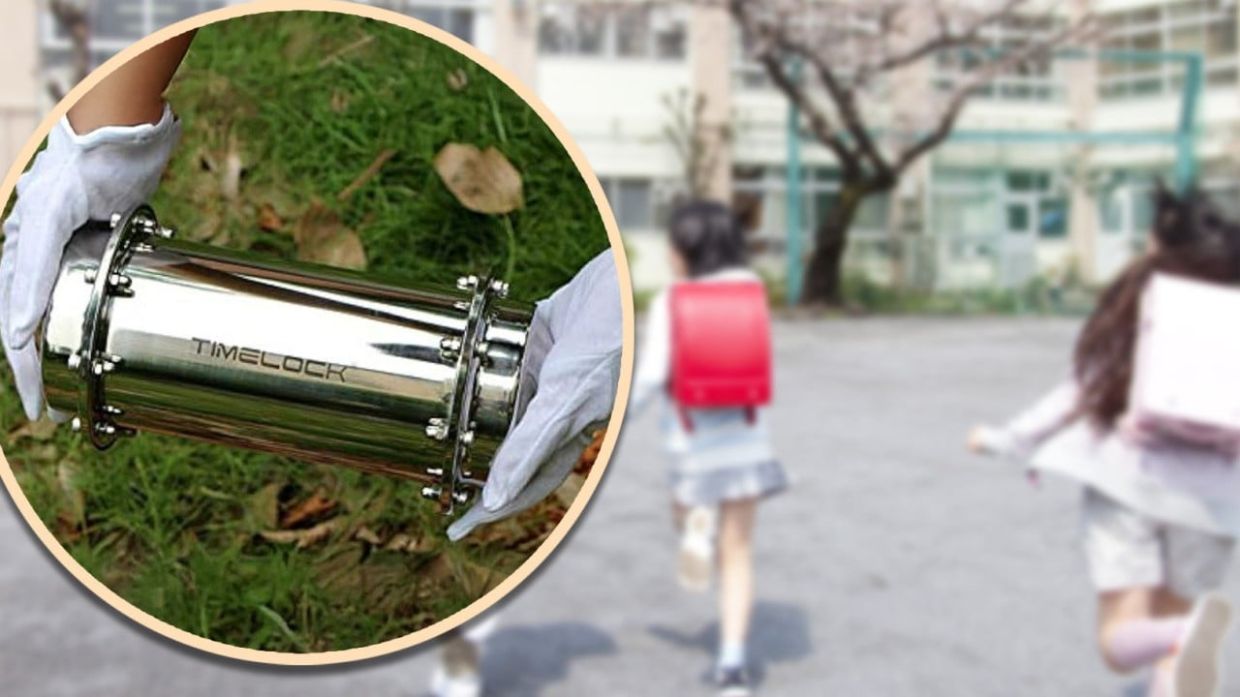
The study reviewed over 5,000 previous studies (narrowed down to 63 in the final report) published between 1994 and 2022. — Photo by Onur Binay on Unsplash
A study commissioned and partially funded by the World Health Organization (WHO) has found that exposure to radiofrequency fields from smartphones does not increase the risk of brain cancer.
The research project was conducted by the Australian Radiation Protection and Nuclear Safety Agency (Arpansa) and headed by Associate Professor Ken Karipidis.
In a post on the Arpansa website, Karipidis said: "When the International Agency for Research on Cancer (IARC) classified radio wave exposure as a possible carcinogen to humans in 2013 it was largely based on limited evidence from human observational studies."
"This systematic review of human observational studies is based on a much larger dataset compared to that examined by the IARC, which also includes more recent and more comprehensive studies, so we can be more confident that exposure to radio waves from wireless technology is not a human health hazard."
The study reviewed over 5,000 previous studies (narrowed down to 63 in the final report) published between 1994 and 2022, and found that despite the rise in wireless technology use over the last 20 years, there has not been an observed increase in brain cancer cases.
It also found no correlation between long-term (exceeding 10 years) exposure to radio frequencies commonly used by wireless devices, such as smartphones, and cancer.
Findings also stated that those who frequently use their smartphones for calls or spend a lot of time on their devices are also not more likely to have brain cancer. WHO is preparing an Environmental Health Criterion Monograph that will incorporate findings from this and other studies commissioned by the organisation.
IARC, a specialised agency under WHO, currently classifies radio frequencies emitted by mobile phones as "possibly carcinogenic". An advisory body with the agency has made calls to re-evaluate this classification with consideration towards the new findings since its original assessment in 2011.









































